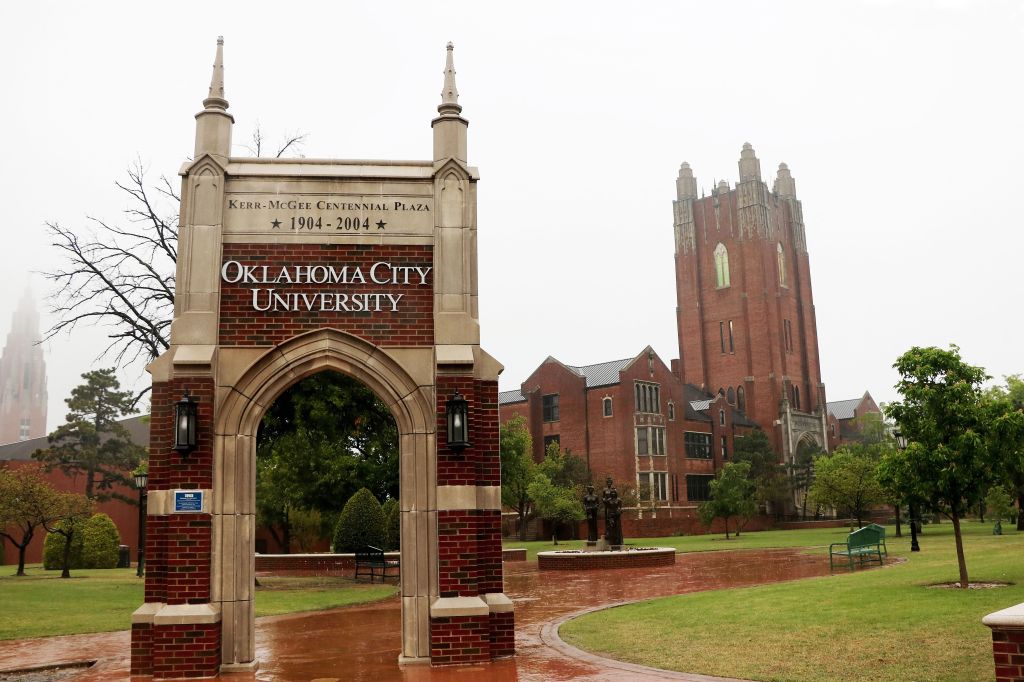Oklahoma man uses COVID funds to prove innocence in murder case
An Oklahoma man serving a life sentence in prison used his pandemic relief funds to hire a private investigator to help exonerate him for a 1997 murder he did not commit.
While other inmates cashed in their COVID checks for commissary, Ricky Dority, 65, put his toward proving his innocence, according to reports.
Bobby Staton, who typically investigated insurance fraud, took on the case and realized that it was “riddled with holes,” the Associated Press reported.
He eventually teamed up with law student Abby Brawner from Oklahoma City University’s Innocence Project to dig into the case.
In 2014, investigators opened up the cold case killing of 28-year-old Mitchell Nixon, who was found beaten to death in Oklahoma in October 1997.
Another man who ended up pleading guilty to manslaughter in the killing implicated Dority, who was in federal prison at the time for a firearms conviction.
During the trial, a police informant said Dority changed out of his bloody clothes at his house the night of the murder. Dority was convicted of first-degree murder and given a sentence of life without parole.
But Staton and Brawner found that the informant didn’t actually live at the house that he said Dority came to that night. When the actual homeowner testified in June, the judge threw out the case.

Now, Dority is enjoying life on his son’s 5-acre property near the Arkansas River Valley, were he is spending his time feeding the chickens and playing with his grandchildren.
“After they’ve done what they’ve done to me, I know there are people in that prison who are innocent that need to be out and need help getting out,” Dority told the AP. “If they hadn’t gotten me out, I’d have been in there for the rest of my life.
Dority is one of nearly 3,400 people who have been exonerated across the country since 1989, at least 46 of them in Oklahoma.
With Post wires
Read the full article Here


